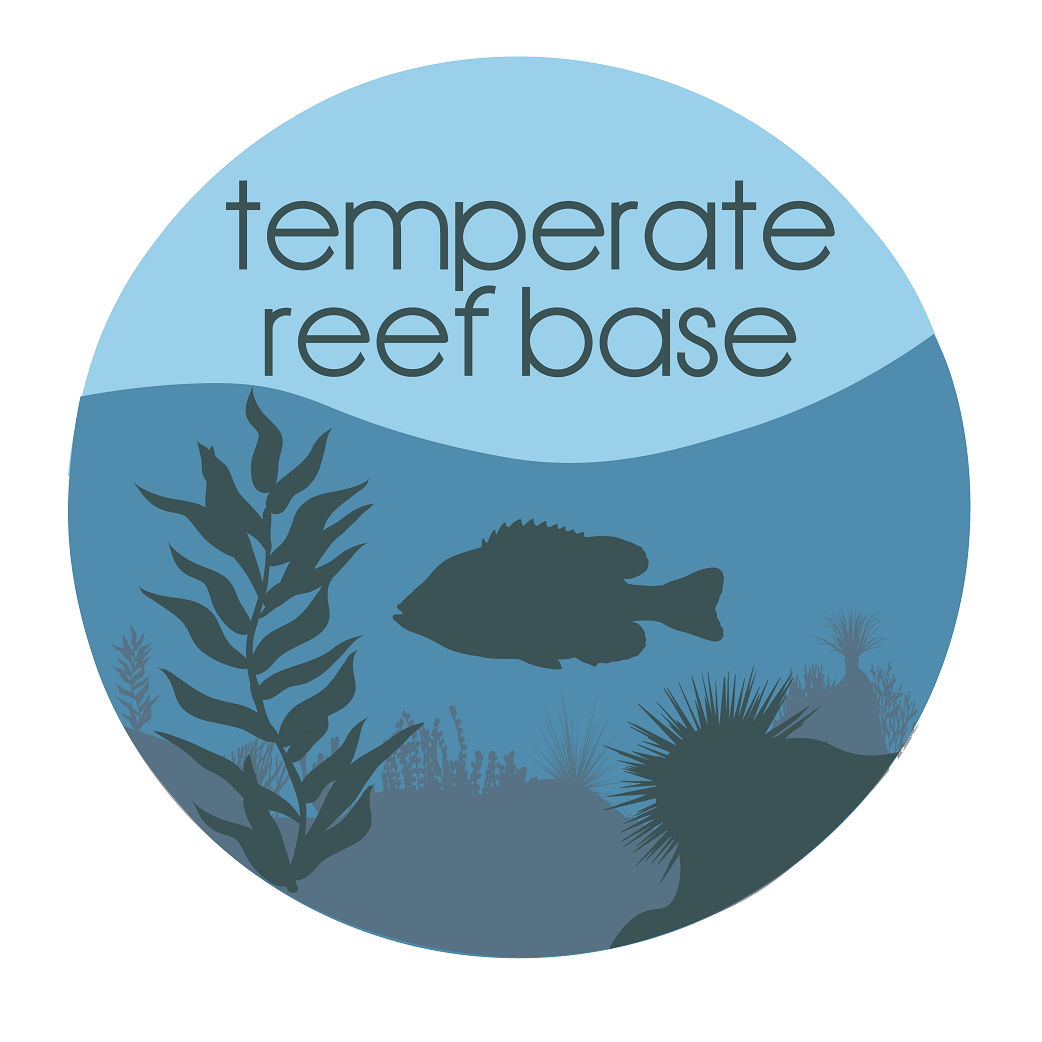EARTH SCIENCE > BIOLOGICAL CLASSIFICATION > PLANTS > ANGIOSPERMS (FLOWERING PLANTS)
Type of resources
Topics
Keywords
Contact for the resource
Provided by
-
A bibliography of references relating to the outcomes of the RiSCC project (Regional Sensitivity to Climate Change in Antarctic Terrestrial Ecosystems) from the Antarctic and subantarctic regions, dating from 1994 to 2006. The bibliography was compiled by Dana Bergstrom, and contains 162 references.
-
A bibliography of references relating to the research support of the RiSCC project (Regional Sensitivity to Climate Change in Antarctic Terrestrial Ecosystems) from the Antarctic and subantarctic regions, dating from 1875 to 2004. The bibliography was compiled by Dana Bergstrom, and contains 76 references.
-
The biodiversity database is planned to be a reference on Antarctic and subantarctic flora and fauna collated by the Regional Sensitivity to Climate Change (RiSCC) group and developed by the Australian Antarctic Data Centre. Searches are available in the following areas: Taxonomy Protection and convention measures (protected species) Observations Scientific Bibliographies
-
Heard Island Expedition, 16 November 1986 to 21 January 1987, report written by Rod Ledingham, Officer in Charge. Taken from the report: The 1986-87 expedition was the second in a series of three consecutive expeditions planned to conduct new scientific work and to check on changes since the early wintering years from 1948-1954 and more recent sporadic visits by various government and private expeditions. We were dropped off at Heard Island on the 14th November 1986 by the Nella Dan. The main thrust of this expedition was originally to have been geological but this was later expanded to cover biology and archaeology. Transport was provided by three Hughes 500 helicopters, old faithfuls VH-BAD piloted by John Robertson and VH-BAG piloted by Doug Crossan, and a new arrive from NZ, VH-HED flown by Phillip Turner, to provide speedy access to all areas of rock, either coastal or at high altitude on the mountain. Of particular interest to the geologists were the lavas of the January 1985 Big Ben eruption spotted by observers including Dick Williams, on the French vessel Marion Dufresne. Despite some initial doubts about the possibility of flying, or even holding, aircraft at Heard for any length of time, and numerous relatively minor problems with weather and wind blown volcanic sand, the operation went very well and a great deal of new ground was covered, including several flights to the summit of Big Ben and the discovery of a new active crater and the expedition lava flows on the south-western slopes at Cape Arkona. Two geologists accompanied the expedition, Jane Barling and Graeme Wheller. Geological mapping of the whole island was carried out by Jane where access was not too difficult or dangerous. Jane had previously worked on the samples brought back from Long Ridge and the summit by the Heard Island Expedition (private) on Anaconda II in 1983. The original map produced by Ainsworth in 1947 will be greatly improved when the material has been studied in more detail. The second geologist Graeme studied the relationships of the more recent lavas and attempted to get samples from the summit vent. The failure to do so was somewhat ameliorated by the finding of the new lava which it appears had emanated from the summit vent pipe and samples of summit rock were therefore available from 700m above Cape Arkona. Further information about the botanical and biological work is available in the report.
 TemperateReefBase Geonetwork Catalogue
TemperateReefBase Geonetwork Catalogue